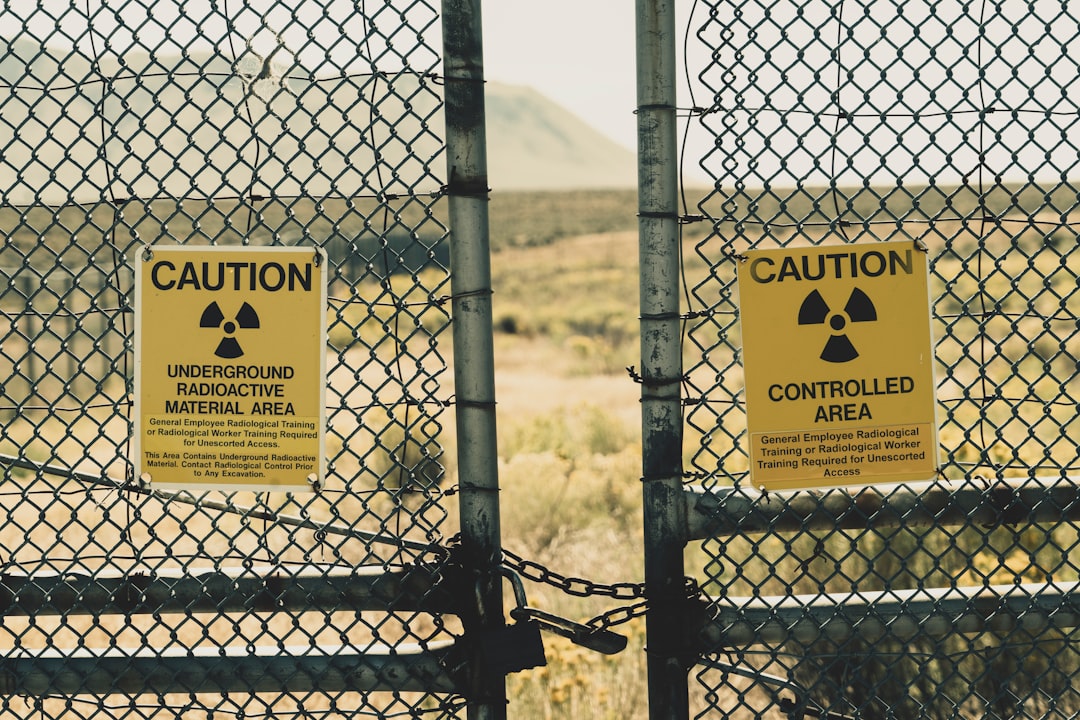Unlocking Nuclear's Potential Through Transition Finance
Insights from the Groundbreaking Nuclear Energy Summit
The world's first-ever Nuclear Energy Summit, held on March 21st in Brussels, marked a pivotal moment in the global efforts to combat climate change and achieve a sustainable energy transition. As leaders from 34 nations convened, a resounding message echoed through the hallways – nuclear power is a crucial component of our strategy to reduce greenhouse gas emissions, ensure energy security, and promote long-term sustainable development.

The summit, jointly organized by the International Atomic Energy Agency (IAEA) and Belgium, wasn't just a symbolic gathering; it was a call to action, a recognition that we must "fully unlock the potential of nuclear energy" to meet our ambitious climate targets.
At the heart of this endeavor lies the critical issue of transition finance – how we can catalyze investments, align markets, and mobilize capital to support the deployment and finance of nuclear reactors on a global scale.
During the summit, a dedicated panel discussion explored the practical steps needed to leverage nuclear energy's full potential through financing mechanisms. The conversation delved into innovative approaches, such as electricity market designs, industry incentives and subsidies, and the pivotal role of multilateral development banks and investment banks in facilitating the clean energy transition.
The declaration signed by 32 nations and the IAEA director general underscored the urgency of this mission, pledging to "work to fully unlock the potential of nuclear energy" by establishing conditions that support the deployment and finance of reactors. This commitment resonated with a diverse coalition of 20 non-governmental organizations, including Third Way, North American Young Generation in Nuclear, and the Nuclear Threat Initiative, who signed a letter of support for the declaration.

As we navigate the complex landscape of transition finance, several key considerations emerge:
1. Innovative Financing Mechanisms: To accelerate the deployment of nuclear power, we must explore novel financing models that mitigate risks, attract private investment, and leverage public-private partnerships. Green bonds, climate funds, and de-risking instruments can play a pivotal role in mobilizing capital towards nuclear projects.
2. Supportive Policy Frameworks: Robust and stable policy environments are essential for fostering investment in nuclear energy. Governments must establish comprehensive regulatory frameworks, incentives, and market-based mechanisms that create a level playing field for nuclear power and acknowledge its role in achieving climate goals.
3. Collaboration and Knowledge Sharing: The nuclear industry must foster international collaboration and knowledge sharing to drive innovation, address challenges, and promote best practices. Cross-border partnerships, joint research and development initiatives, and capacity-building programs can accelerate progress and ensure the responsible development of nuclear technologies.
4. Addressing Perceptions and Risks: While nuclear energy offers a low-carbon solution, it is crucial to address public concerns, ensure transparency, and implement rigorous safety measures. Effective risk management, communication strategies, and stakeholder engagement can help build trust and support for nuclear power projects.
As the world grapples with the dual challenges of climate change and energy security, the Nuclear Energy Summit has ignited a renewed sense of urgency and commitment to harnessing the potential of nuclear power. By unlocking transition finance and aligning policies, investments, and stakeholder efforts, we can pave the way for a sustainable energy future that leaves no one behind.
The road ahead is long, but the summit has solidified nuclear energy's place in the global energy transition discourse. It is now up to policymakers, financial institutions, and industry leaders to translate these aspirations into tangible actions, fostering an environment where nuclear power can thrive and contribute to a cleaner, more resilient world.


